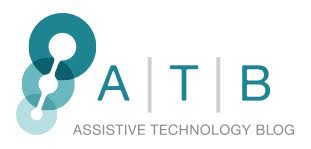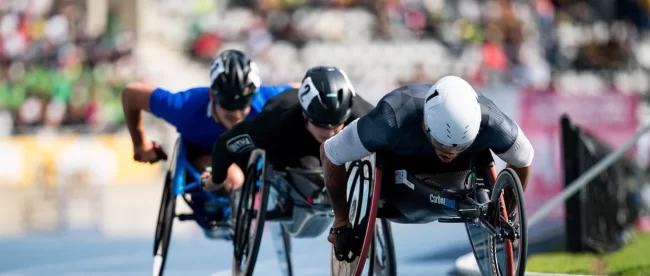Airbus and French National Sports Agency Develop Cutting-Edge Equipment for Disabled Athletes Ahead of Paris Paralympics
Since 2021, Airbus engineers have collaborated with the French National Sports Agency to develop advanced equipment for disabled athletes. This effort, highlighted by commercials and billboards ahead of the Paralympic Games in Paris, focuses on high-tech sports prostheses and equipment. Despite these advancements, such equipment remains inaccessible to many due to high costs and lack of reimbursement from France’s Social Security. The project aims to enhance the performance of para athletes, driven by Christophe Debard, an Airbus engineer with a passion for sports and disabilities, who founded Humanity Lab to support such initiatives.
The collaboration began in 2019 when para badminton champion David Toupé sought financial support from Airbus, leading to the creation of a new wheelchair with the help of 40 engineers. This initiative expanded to include fencing champion Maxime Valet, who received a customized handle that improved his performance significantly. Impressed by these innovations, the French National Sports Agency entrusted Airbus with enhancing equipment for a dozen athletes, providing 5 million euros in funding. This partnership has led to notable advancements, such as a one-piece tandem for the para cycling team, ensuring better synchronicity and reduced lead times for equipment.
With Airbus’ support, France has regained its position among the best-prepared countries for para sports, although the effectiveness of these innovations will be tested in upcoming international competitions. The collaboration highlights the disparities in para sports, where athletes from wealthier countries have access to high-end equipment, while others rely on outdated prostheses. The future of the project remains uncertain beyond the current contract with the French National Sports Agency, but there is hope that it will extend to other events like the Winter Olympics, potentially benefiting disciplines such as Alpine skiing and para ice hockey. Despite these advancements, accessibility issues in Paris, such as the limited accessibility of the metro network, underscore the broader challenges faced by disabled individuals.
Nevertheless, the Paris 2024 Paralympics Games this year will serve as a crucial test and showcase of these innovative efforts, emphasizing the ongoing journey towards greater inclusivity in sports.
Source: Worldcrunch
ChatGPT, a potential tool for increased accessibility, was used as a research and writing aid for this blog post. Do you think this is an appropriate use of chatGPT? Why or why not? Let me know!


How wonderful to know someone is so committed as to put skills forward. Good on Airbus too.